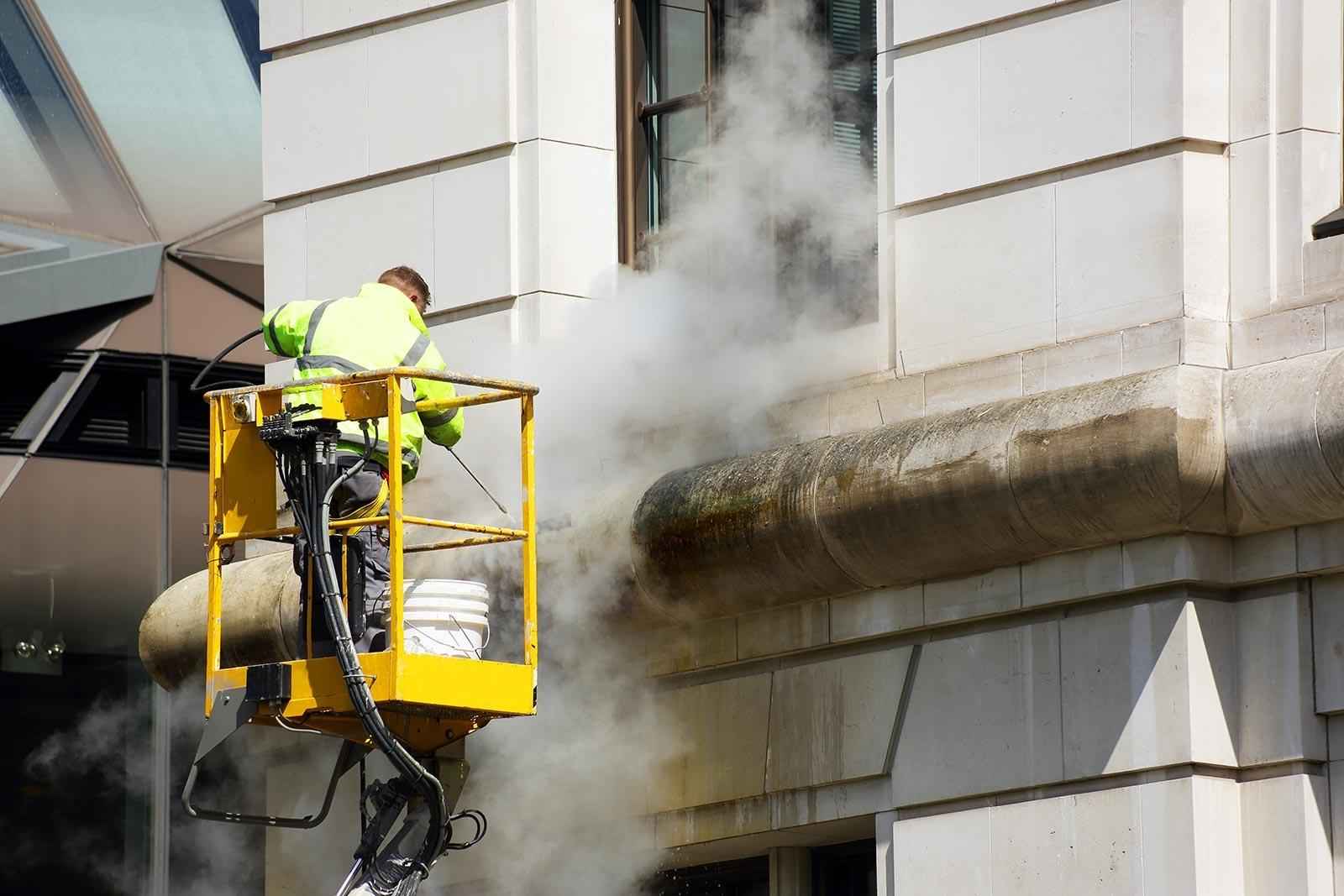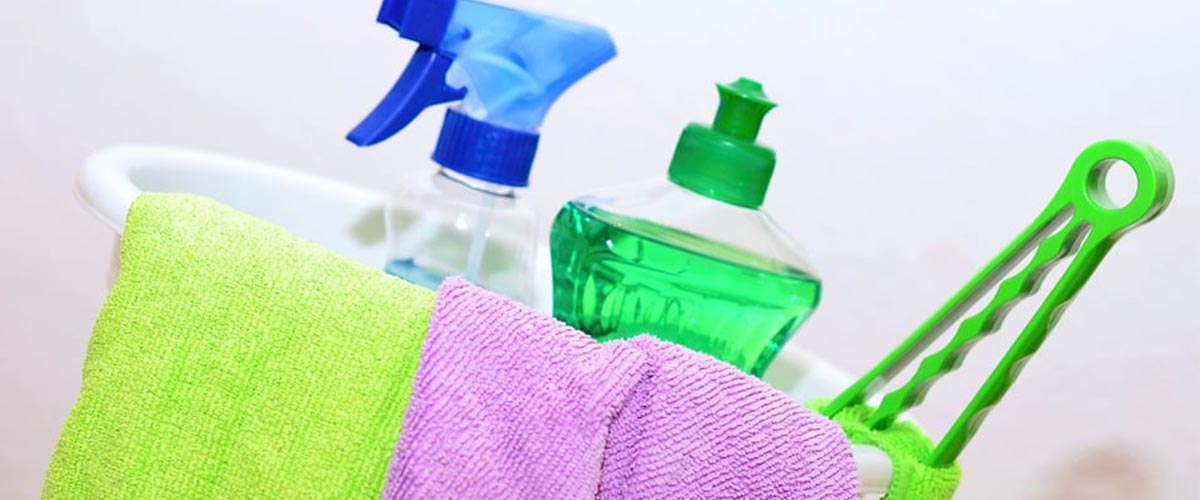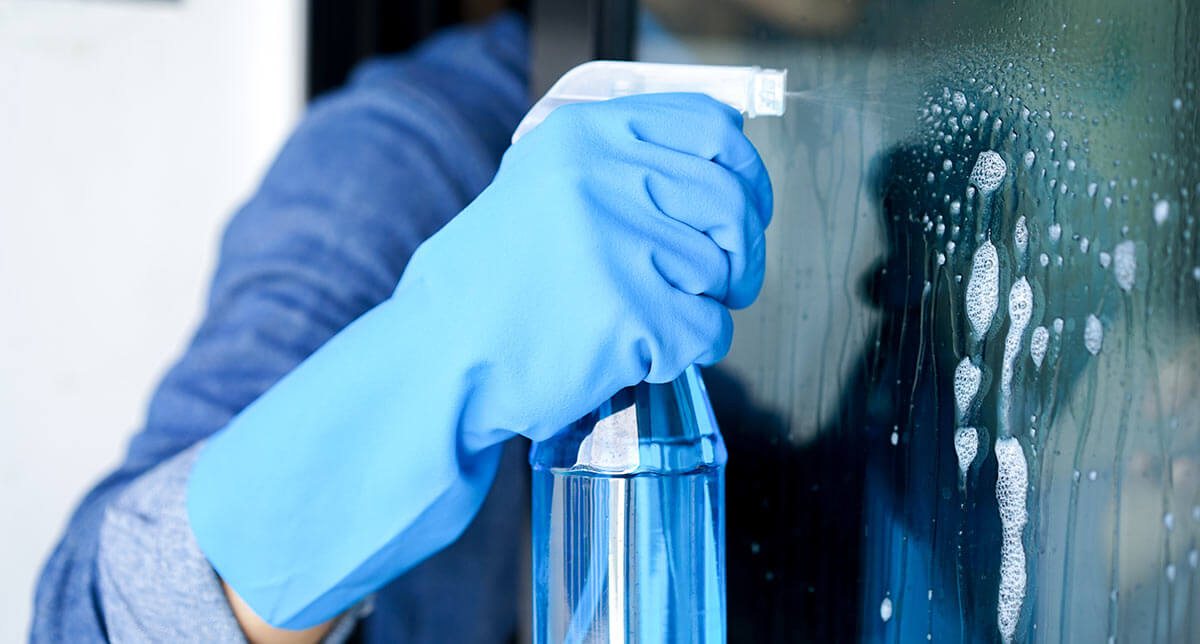The difference between abrasive and non-abrasive cleaners will clarify which product to use according to the surface. Using a single product for all surfaces is impossible as it will damage the surface of the object you are cleaning. Therefore, one must know the difference between these two cleaners.



What are Abrasive Cleaners?
Abrasive cleaners clean rough and stubborn grease, grime, stains, tarnish or rust that is not easily cleaned by regular cleaning or wiping. Simply put, they will provide extra muscle to remove heavy-duty stains and help you restore shine.
Types of Abrasive Cleaners
There are four kinds of abrasive cleaners, each with a different level of abrasiveness.-
Dry or Powdered Abrasives
-
Wet or Liquid Abrasive
-
Abrasive Tools
-
Disinfecting Abrasives

Careful Tips When Using Abrasive Cleaners
- Some surfaces do not respond well to abrasives; therefore, test on a smaller area before using it on the entire surface.
- Wear a mask and cover your eyes while using abrasive files, as it might produce dust.
- Each cleaner reacts differently on a surface; therefore, before applying any cleaner, make sure you know the construction material of a surface.
- Lastly, read all the instructions and directions carefully.
What are Non-Abrasive Cleaners?
Non-abrasive cleaners also come in powder and liquid forms. The cleaner is diluted to achieve the correct strength in powder form. Conversely, if liquid, the house cleaner can be used as it is or diluted accordingly. Additionally, like non-abrasive, abrasive cleaners are also used to:- Disinfect surface or property
- They are best for surfaces such as woodwork, floors, painted walls and countertops.
- These surfaces are easily cleaned as they do not have tough stains or stubborn dirt.
- As “all-purpose” cleaners, without dilution, they can remove tough stains that do not need as much muscle as an abrasive cleaner.
- These cleaners are ideal for working in alkaline conditions; therefore, non-abrasive cleaners contain alkaline buffer salt to balance the pH levels.
- Surfactants
- Builders
- Ammonia
- Pine Oil
- Organic Solvents such as Ethanol or Isopropanol

How to Use a Non-Abrasive Cleaner to Successfully Disinfect an Area?
Follow these four steps to ensure your surface is adequately disinfected.-
Make Sure the Cleaner is a Disinfectant
-
Clean High Traffic Areas
-
Clean as Often as Possible
-
Personal Hygiene

